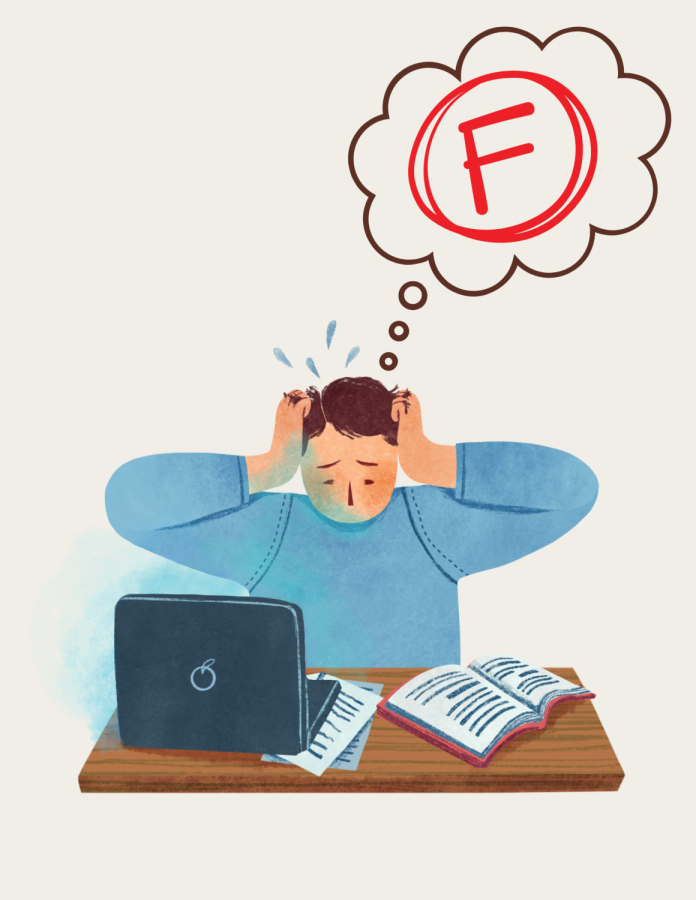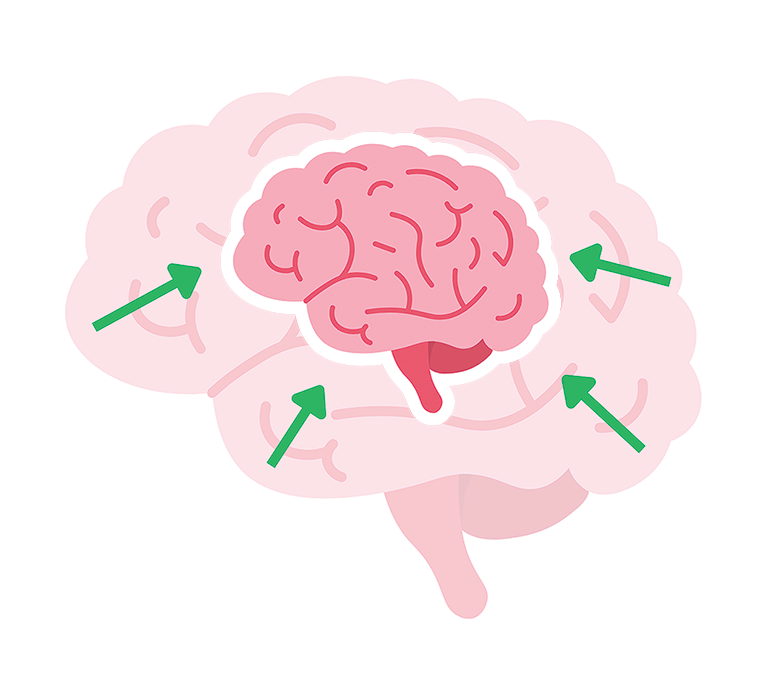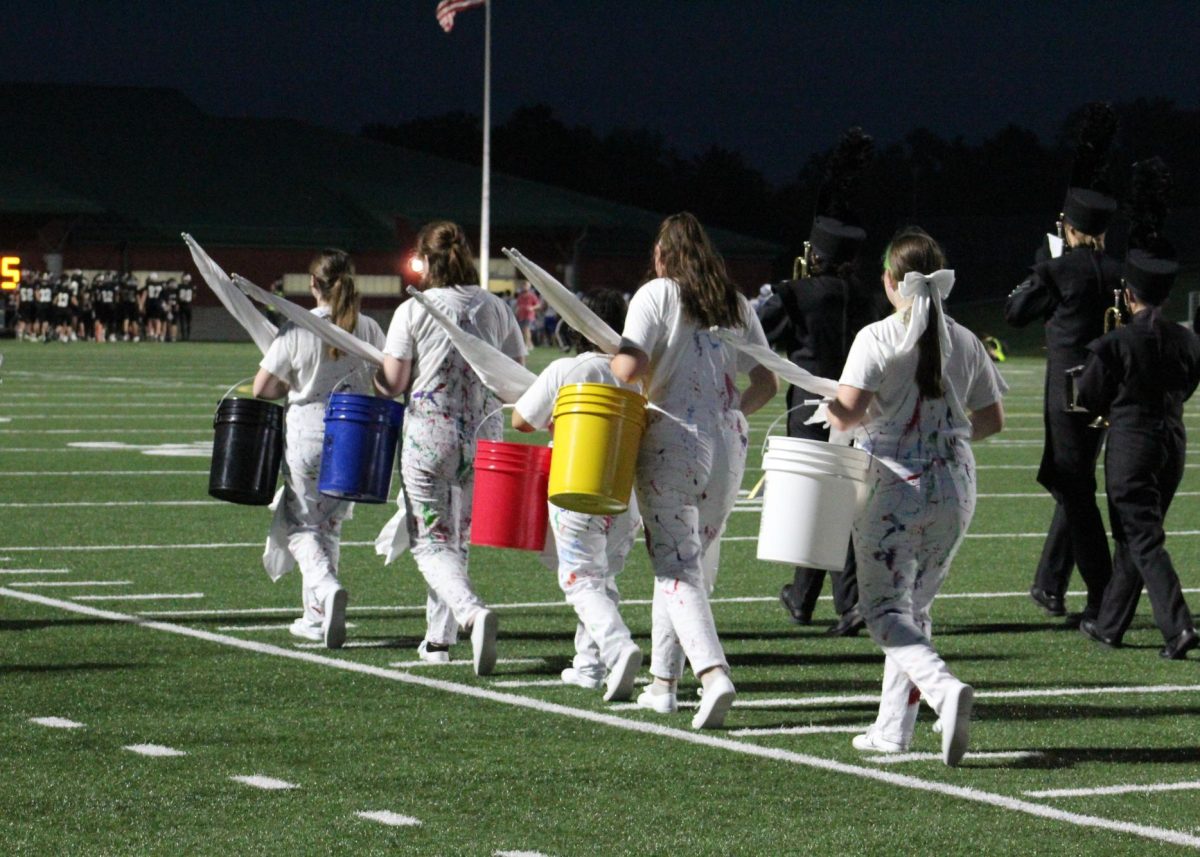Academic Validation
With finals season approaching, students struggle to find value beyond grades
December 19, 2022
Almost every student loves the feeling of pride after receiving a good grade on a test they studied hard for, but for some, grades may come with detrimental mental consequences if they don’t achieve the grades they desire.
‘Academic validation’ has increasingly popped up throughout social media and schools. This term refers to when students put high pressure on themselves to get good grades and feel that they are less worthy of appreciation if they don’t achieve nearly-perfect grades.
With finals season just around the corner, many students begin to feel the pressure of academic validation. Studying for big final tests that can impact the grade you’ve worked for all semester can seem like a daunting task. While many students feel as if they are the only one of their peers struggling with this issue, a voluntary survey of 45 LSE students showed that 80 percent of students regularly deal with the pressures of academic validation. The feeling of not knowing if others are struggling as well creates a comparison between students and their classmates. This causes students to think that they’re not good enough and are not achieving high enough grades.
“I was always at the top of my class in elementary and middle school, but I would even feel guilty with a 90%. Yes, it’s an A, but I always feel [that] I could have done better,” an anonymous LSE sophomore said.
Academic validation leads to the constant desire for satisfaction with one’s academic performance, which can never be reached with such high expectations. The inability to reach these high academic standards can lead to a slump in a student’s life; students feel unmotivated to do their work because they feel that it will never be good enough, which is accompanied by lower grades. This can lead to an exhausting cycle of overworking and then feeling burned out.
“There are times when I think school is my whole life and I drown myself in school work, but there are also times when I slack,” freshman Nicole Rodriguez said.
After a long semester of hard work, studying for finals can become dreadful. During this week, stress levels go up along with sleep deprivation levels in students. However, there are ways to manage this stress and efficiently prepare to take on these dismaying tests.
Counselor Kelley Winter reports seeing an increase in student stress during finals season. Winter advises students to reach out to a trusted adult that can help to manage overwhelming tasks. As the semester deadline approaches for late work, missing assignments can pile up and overwhelm students who are already stressing about performing well on their final tests. Students need to remember to take care of themselves, especially in these stressful times.
“Getting plenty of sleep, eating healthy, exercising regularly and having a routine can help with anxiety and stress,” Winter said.
LSE counselors can aid students in making a plan to manage their stress and academic responsibilities. These conversations are valuable because stress can look different for every student. There is a point when a hard work ethic crosses a line and becomes mentally damaging.
“When students reach a point where they are staying up late studying or equating their self-worth to their grades, we need to help come up with a positive solution and a balance between academic life and social life,” Winter said.
Finding this balance may look like participating in stress-relieving activities, actively working towards a positive mindset or developing a more effective schedule to balance responsibilities. Resources such as counselors, teachers and school social workers are available for students to reach out to if they’re struggling to manage these pressures on their own. When going into this year’s testing season, students should remember to take care of themselves and advocate for their own needs while they prepare for these tests.
Another good piece of advice is to connect with your peers at LSE and share ways to prepare for finals. Many current freshmen report feeling unprepared and almost helpless as the first semester’s finals week approaches. However, this feeling is not new. Countless current upperclassmen felt the same way when they were in their freshman year. Having numerous classes, most with difficult material, can feel very overwhelming. Learning and progress come from previous experiences, so upperclassmen may have an insight into how to perform well on final tests.
“Don’t try to cram on the week before finals. If you are cramming, don’t spend too much time on one thing because you need to know a wide range of topics,” an anonymous LSE senior said.
A smart strategy is to set aside ample time to review the class materials and review the material to the extent you need to comprehend it. Putting in the effort towards a goal proves to pay off.
“Devote time to studying, but also devote time to yourself,” an anonymous senior said.
At the end of the day, it’s important to remember that grades alone don’t define a student’s value. While it’s true that hard work is required to do well in school, taking breaks and advocating for mental health are just as crucial.
“If you don’t know [material on a test], don’t think of it as you’re stupid but that it’s something you just aren’t experienced at yet,” sophomore DaZayah Hartshorn-Harvey said.










